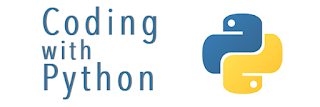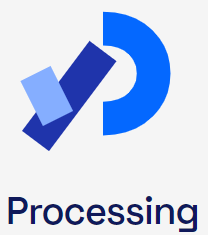Python (Level-5): Class advanced( Inheritance, Polymorphism, Encapsulation, Access modifier, Class method, and Static method )
Access Modifiers
Object-oriented languages, like C++ and Java, use various keywords to control and restrict the resource usage of a class. This is where keywords like
public, privateand protected come into the picture. However, Python has a different way of providing the functionality of these access modifiers.class Modifiers:
def __init__(self, name):
self.__private_member = name # Private Attribute
m = Modifiers("SKAUL05")
print(m.__private_member)
Followings are the main Concepts of Object-Oriented Programming (OOPs)
- Class
- Objects
- Inheritance
- Polymorphism
- Encapsulation
Inheritance
Inheritance allows us to define a class(child class/ sub class) that inherits all the methods and properties from another class(parent class/ super class).
class Person:
def __init__(self, first_name, last_name):
self.first_name = first_name
self.last_name = last_name
def print_name(self):
print(self.first_name, self.last_name)
class Student(Person):
def __init__(self, first_name, last_name, entrance_year):
super().__init__(first_name, last_name)
self.entrance_year = entrance_year
def welcome(self):
print("Welcome", self.first_name, self.last_name);
print(f"You are in {self.entrance_year}.")
Polymorphism
Polymorphism lets us define methods in the child class that have the same name as the methods in the parent class.
def get_bird_info(obj):
obj.intro()
obj.flight()
get_bird_info(bird1)
get_bird_info(sparrow1)
get_bird_info(chicken1)
Encapsulation
- Encapsulation is one of the fundamental concepts in object-oriented programming (OOP).
- This puts restrictions on accessing variables and methods directly and can prevent the accidental modification of data.
- To prevent accidental change, an object’s variable can only be changed by an object’s method. Those types of variables are known as private variables.



Comments
Post a Comment